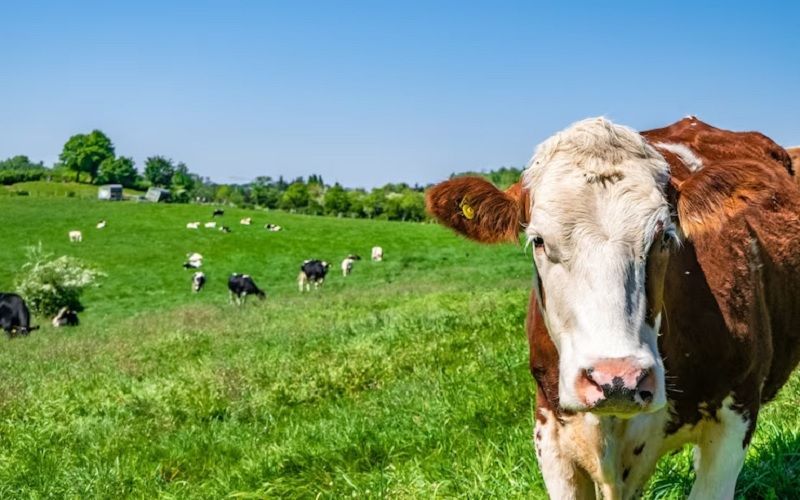Climate stress could reduce milk yields in leading dairy-producing countries by 1.5–4%, according to a study

The study covered over 130,000 cows across 300 farms in Israel, including regions with hot and humid climates where advanced cooling and ventilation systems are in use. Scientists analyzed data from 2009 to 2020, tracking the relationship between temperature, humidity, and changes in daily milk productivity.
"Even high-tech farms are vulnerable to heat. Our data show that extreme temperatures cause a sustained drop in milk yields, even when cooling equipment is available," said Professor Ayal Frank of the University of Chicago.
According to the analysis, a heatwave with an average temperature above 26°C leads to a 10% drop in milk yields, and it takes more than 10 days after the weather normalizes for productivity levels to recover.
Based on the Israeli data, the researchers extrapolated the effects of climate stress to ten leading milk-producing countries, including Russia, the United States, France, India, Pakistan, and Brazil. In countries with the hottest climates (India, Pakistan, Brazil), daily milk yields could decline by 3.5–4%, while in temperate regions (Russia, the U.S., France), the reduction is projected at 1.5–2%.
Experts warn that this poses additional risks to the resilience of dairy farms, especially amid volatile prices and rising adaptation costs. Recommended measures include developing heat-resistant cattle breeds, improving farm energy efficiency, and integrating climate risks into the strategic planning of the agricultural sector.











